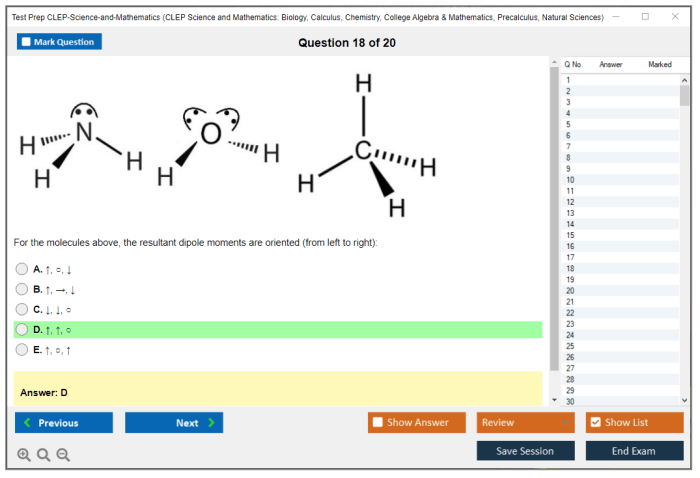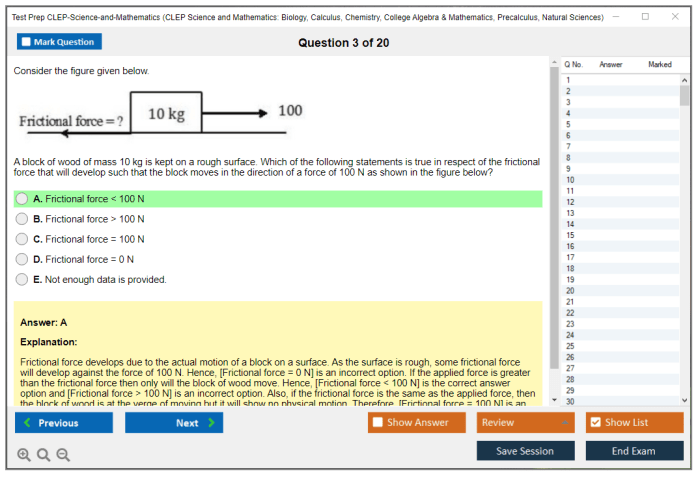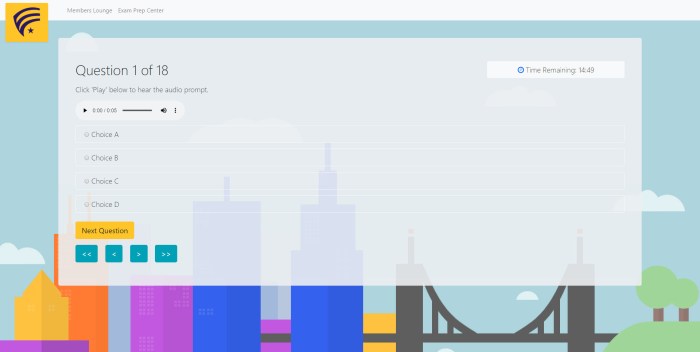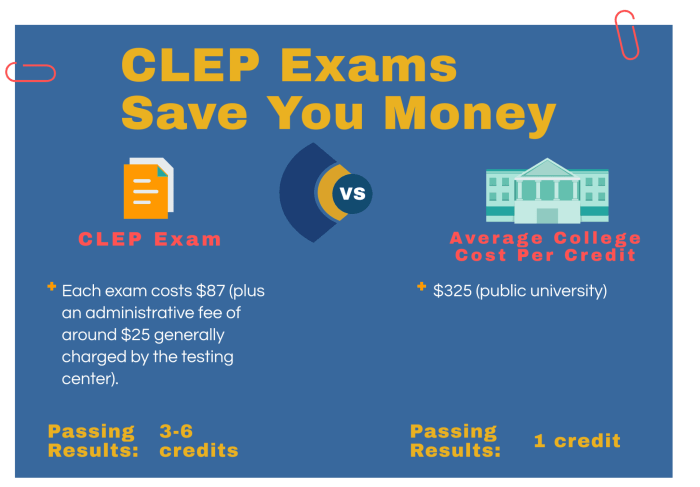The Natural Sciences CLEP Practice Test: A Comprehensive Guide is an indispensable resource for students preparing for the CLEP exam. This guide provides a detailed overview of the exam’s structure, content, and benefits of using practice tests. Additionally, it offers tips for effective practice test utilization and a sample practice test to help students assess their strengths and weaknesses.
The CLEP exam is a standardized test that assesses college-level knowledge in various subjects, including natural sciences. The Natural Sciences CLEP exam covers a broad range of topics, including biology, chemistry, geology, and physics. The exam consists of 120 multiple-choice questions and has a time limit of 90 minutes.
Natural Sciences CLEP Test Overview
The Natural Sciences CLEP exam is a standardized test designed to assess a student’s knowledge in the natural sciences. It is a three-hour, multiple-choice exam that covers four content areas:
- Biological Sciences (50%)
- Chemistry (20%)
- Geology (15%)
- Physics (15%)
Practice Test Structure and Format

A typical Natural Sciences CLEP practice test consists of 120 multiple-choice questions. The test is divided into four sections, corresponding to the four content areas. Each section has a time limit of 45 minutes.The questions on the practice test are similar to those found on the actual CLEP exam.
They cover a wide range of topics within each content area, including:
- Biology: cell biology, genetics, evolution, ecology
- Chemistry: atomic structure, chemical bonding, thermodynamics, kinetics
- Geology: Earth’s history, plate tectonics, minerals, rocks
- Physics: mechanics, electricity, magnetism, waves
Benefits of Using Practice Tests: Natural Sciences Clep Practice Test

Taking practice tests is an essential part of preparing for the Natural Sciences CLEP exam. Practice tests help you to:
- Identify your strengths and weaknesses.
- Become familiar with the format of the exam.
- Improve your timing skills.
- Increase your confidence on test day.
Where to Find Practice Tests

There are a number of reputable sources where you can find high-quality Natural Sciences CLEP practice tests. Some of these sources include:
- College Board: The College Board offers a free practice test on its website.
- Kaplan: Kaplan offers a paid practice test that includes detailed explanations of the answers.
- Princeton Review: The Princeton Review offers a paid practice test that includes a personalized score report.
Tips for Using Practice Tests Effectively

To get the most out of practice tests, it is important to use them effectively. Here are a few tips:
- Take the practice test under timed conditions.
- Review your answers carefully and identify the areas where you need to improve.
- Use the practice test to develop a study plan.
- Don’t get discouraged if you don’t do well on the practice test. The purpose of the practice test is to help you identify your strengths and weaknesses so that you can improve your score on the actual exam.
Practice Test Examples
Here is a sample practice test question:Question: Which of the following is not a greenhouse gas?(A) Carbon dioxide(B) Methane(C) Nitrogen(D) Water vaporAnswer: C
Key Questions Answered
What is the purpose of the Natural Sciences CLEP exam?
The Natural Sciences CLEP exam is designed to assess college-level knowledge in the natural sciences, including biology, chemistry, geology, and physics.
What are the benefits of using practice tests?
Practice tests can help students identify their strengths and weaknesses, familiarize themselves with the exam format, and improve their overall test-taking skills.
Where can I find practice tests?
Practice tests are available from a variety of sources, including the College Board website, Kaplan, and Princeton Review.